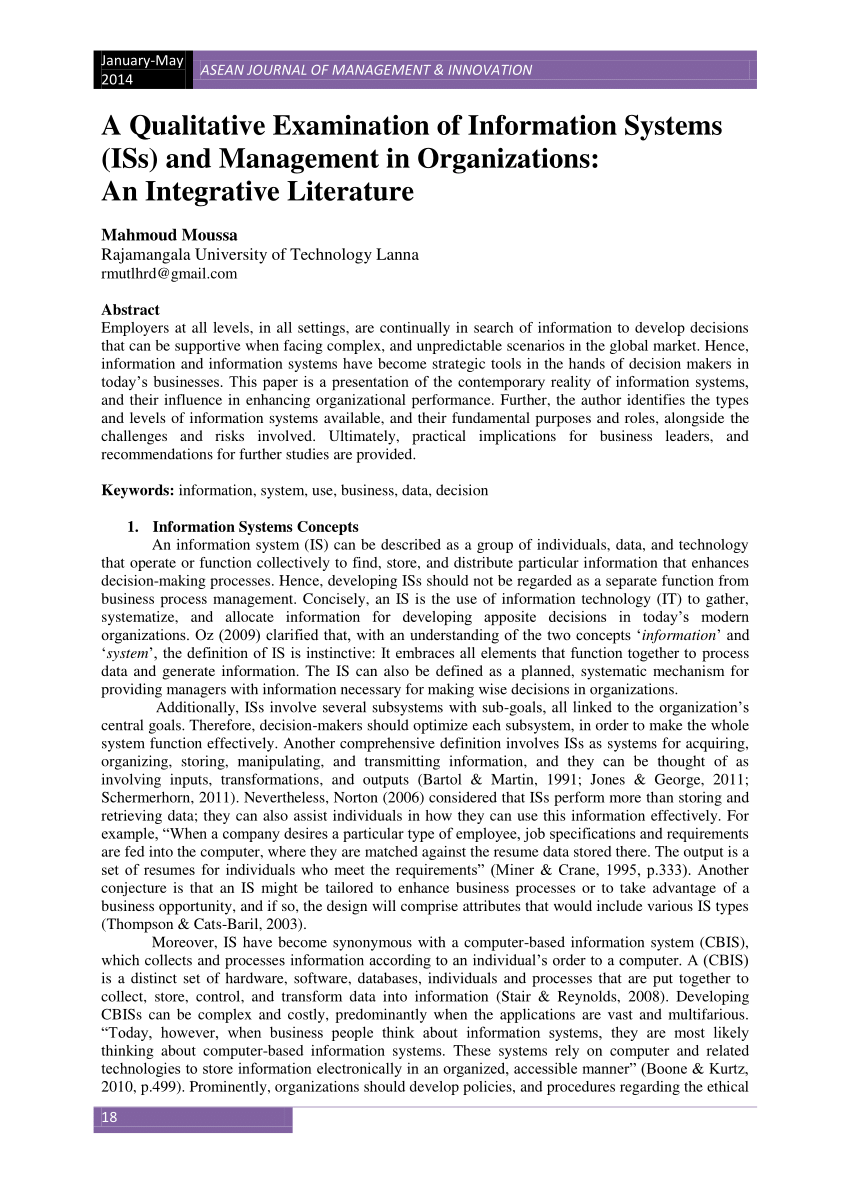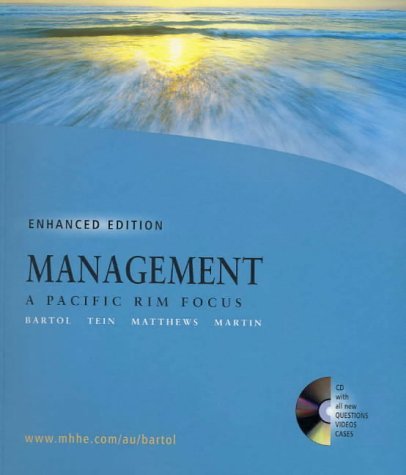

Journal of Horticulture, Forestry and Biotechnology, 18(4), 51- 54.īonita, M.K. Ecotourism and nature tourism – Components of a sustainable management of forests. The impact of leadership and change management strategy on organizational culture. (1990) Market networks and corporate behavior. Spatial distribution of damage mangrove forest area at coastal Kwandang Region, North Gorontalo District, Gorontalo Province, Indonesia (Available in Indonesia language). International Journal of Business, Humanities and Technology, 3(8), 53-59.īaderan, D. Journal of Theoretical and Philosophical Criminology, 5(2), 75- 94.Īvant, F., Rich-Rice, K., & Copeland, S. Social capital and collective efficacy: resource and operating tools of community social control. in Knowledge and social capital: Fundation and application. Social Capital: The Good, the Bad, and the Ugly. Journal of Sustainable Development, 4(1), 23-36.Īlder, P.S. Challenges and advantages of community participation as an approach for sustainable urban development in Egypt. Furthermore, the increasing welfare gained by the coastal community through increasing economic income, job opportunities, and knowledge are the benefits derived from the sustainable forest management that can maintain the existence of the community and their natural resourceĪfify, A.M. Strong motivation, fair work allocation and benefits among the members, strong internal connection, and wide external network are very important to strengthen social capital.

The success of the community to rehabilitate the mangrove area in Sei Nagalawan and to utilise its resources in a sustainable manner is the result of high levels of participation of the members and the role of active cadres as symbolic power that encourage, drive, and motivate the community in their struggle. An indicator of a strong social capital is a community institution which is run properly. The Muara Baimbai Community has strong social capital in managing the mangrove ecotourism area. Data were collected by observation, interview using a structured questionnaire, and in-depth interviews. The study was conducted in Muara Baimbai Mangrove Area, Sei Nagalawan Village, Perbaungan District, Serdang Bedagai Regency on June until December 2014. This paper analyzes social capital inherent in the Muara Baimbai Community in Sei Nagalawan Village to manage the mangrove forest as an area valued for tourism. The success of managing the natural environment by involving the community is strongly influenced by the local social conditions.


 0 kommentar(er)
0 kommentar(er)
